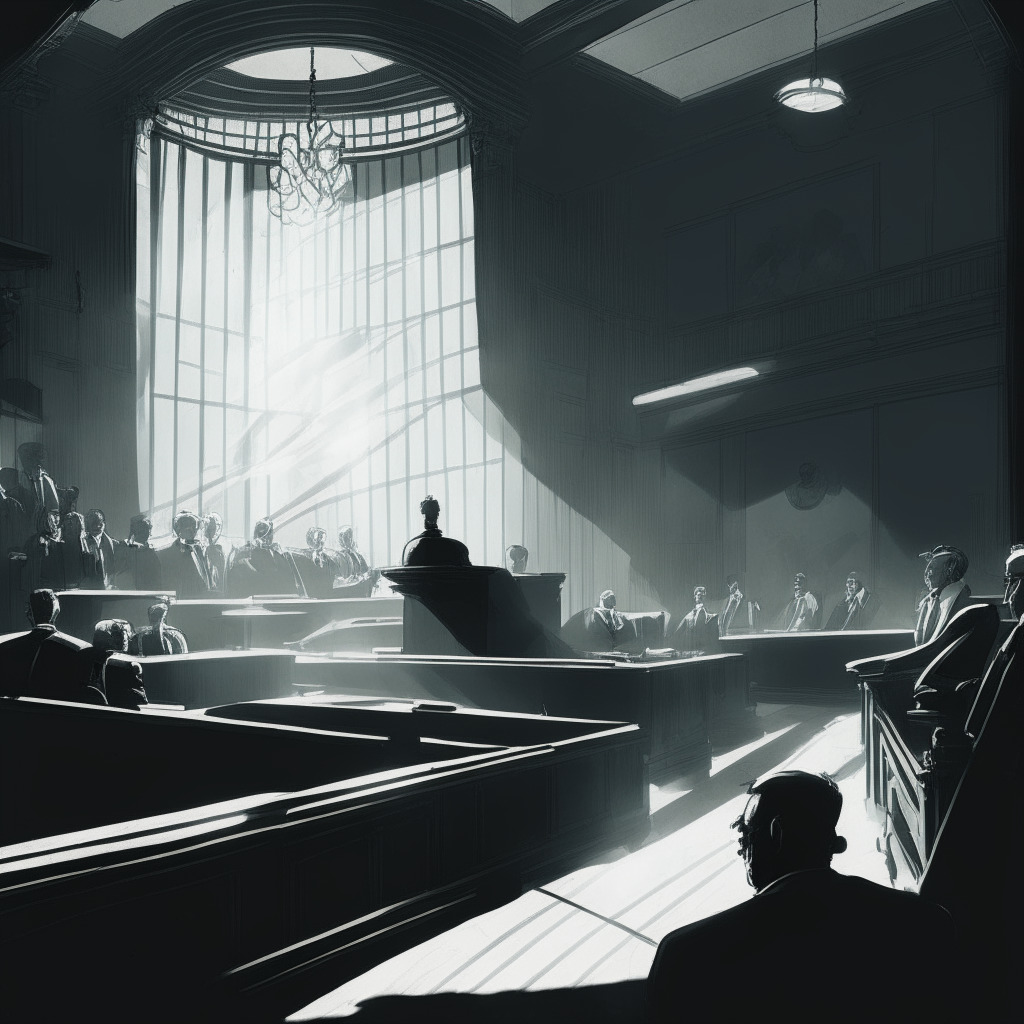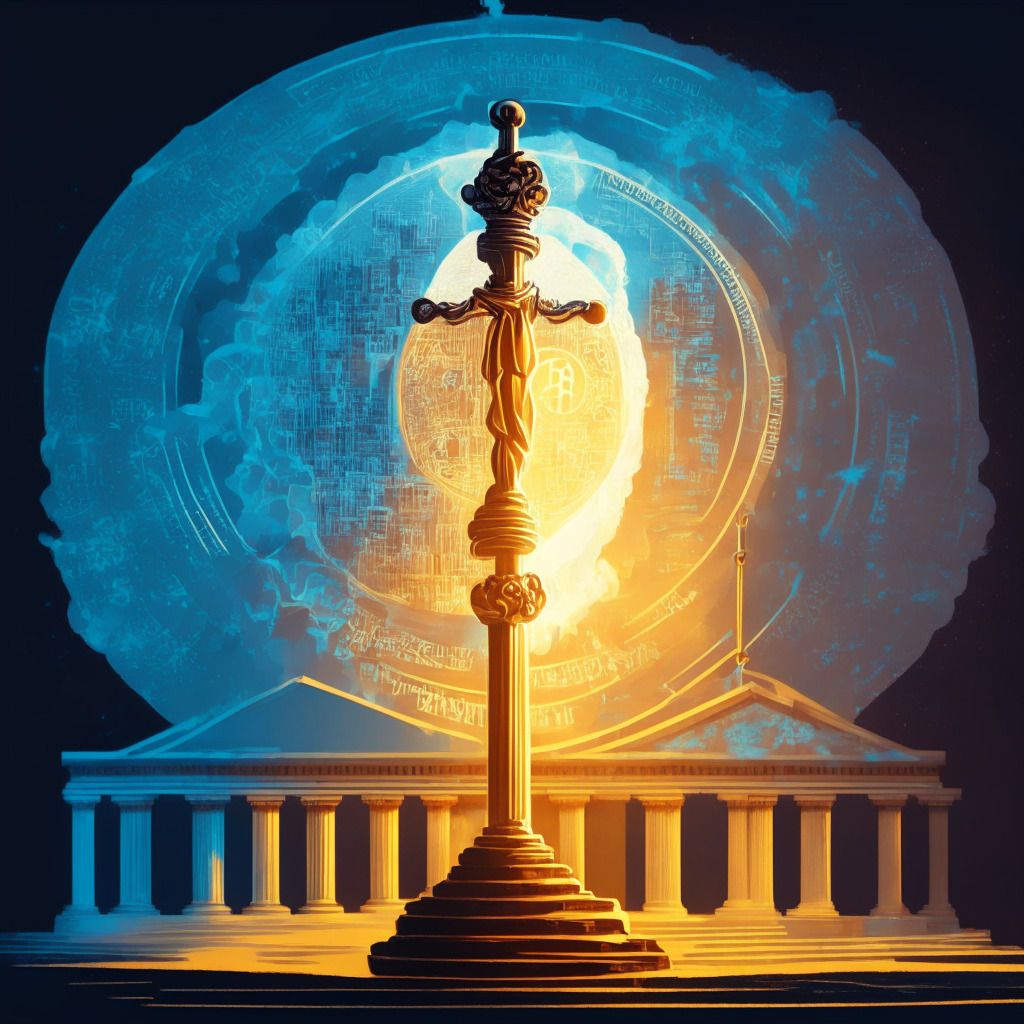Former FTX CEO, Sam Bankman-Fried finds himself on a legal tightrope, seeking to restrict document inclusion as evidence against him in a damning lawsuit. However, the opposition led by Department of Justice (DOJ), dubs this a farcical attempt to evade culpability, asserting these documents had been within his reach for months. Riding the wave of technology, it seems Bankman-Fried’s Google account has become the battlefield for this case.
Prosecutorial perspectives suggest no prejudice tolls in the government’s disclosure of potential evidence. The reasoning reflects on Bankman-Fried’s prior opportunities to examine these case-related materials. Nevertheless, Bankman-Fried articulates a plea to the court for exemption of evidence produced after a specific date, attributing his constrained ability to review the stack of emerging data due to his confinement in Brooklyn’s Metropolitan Detention Center.
His request stems from the former CEO’s brush with controversy involving an alleged leak of private writings of Alameda CEO, Caroline Ellison, to the New York Times, and attempts to reach out to co-conspirators. Consequently, these actions lead to his bail revoking by Judge Kaplan, citing a “threat to the community”.
At the same time, the prosecutors wield Bankman-Fried’s alleged document leak from his Google Drive as an attestation to his extended access to these accounts—call it a virtual arm of his. Dabbling into the intricacies of the case, the DOJ also suggests the former executive’s deliberate mislabelling of some documents as “privileged”, which potentially obstructs government access to critical evidence.
Further complication arises from accusations of him claiming privilege over communications involving his lawyer parents, despite refraining from hiring them as legal counsel. The prosecution team insists the defendant’s parents received a considerable monetary sum from the distressing company, with the defendant’s father being present during the company’s last days. Consequently, these inter-family communications likely carry valuable evidence pertinent to the charged offenses.
Overall, the compelling case against Bankman-Fried lines up seven charges, including a mix of wire fraud and conspiracy to securities and commodities fraud. The latent tension revolves around access to and the integrity of the so-called ‘privileged’ documents as evidence, with technology playing a crucial role in framing the proceedings of this intricate legal case. It further exemplifies the persisting need to define clearer boundaries and stricter regulations in the crypto industry’s use of cutting-edge digital tools and platforms. But how much weight should we allot to potential evidence residing in an individual’s personal accounts is a question that still lingers.
Source: Coindesk




